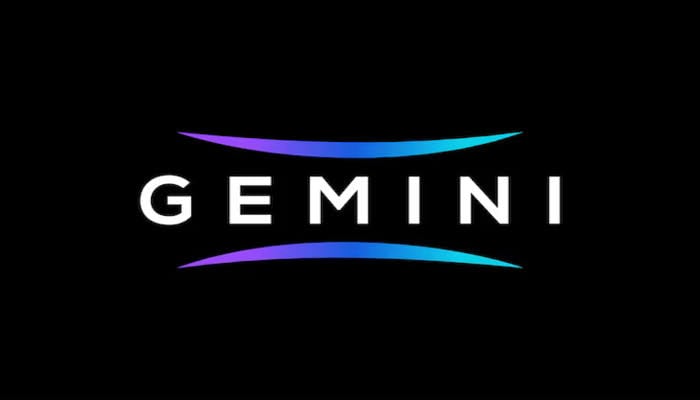
Google is currently testing a floating interface to provide its AI assistant, Gemini Live, with a new, sleeker and less invasive design before it begins its full rollout.
The improvement includes contextual card support, which allows for easier shifting between apps and using the Gemini Live interface without losing your place in your experience.
Gemini Live is Google's real-time conversational interface that will eventually be rolled out to replace Google Assistant on Android phones in 2023.
Different from the standard Gemini assistant interface, Gemini Live allows a freer exchanging of context and real-time engagement.
To increase ease of use, Google has had ongoing tests to determine how Gemini Live can use less screen space, and the most recent testing included a floating, collapsable interface.
The floating interface allows Gemini Live to present information via the compact cards of Google apps like Keep, Maps, Calendar, Tasks, and even Pixel Weather. This allows users to engage with notes, spots, and schedules all from the Gemini Live interface without being redirected outside of the Google Assistant Live app.
Previously, when users closed Gemini Live, they would have been redirected back to the standard chatbot experience again, allowing for unnecessary back and forth and sometimes dropping users back on their home screen.
The floating UI aims to solve this by letting users resize Gemini Live and continue interacting with the app in the background.
Furthermore, the feature is hidden within version 16.32.48 of the Google app, and testers were able to enable it through internal settings. It isn’t live for the public yet, and Google has not announced a timeline for
















